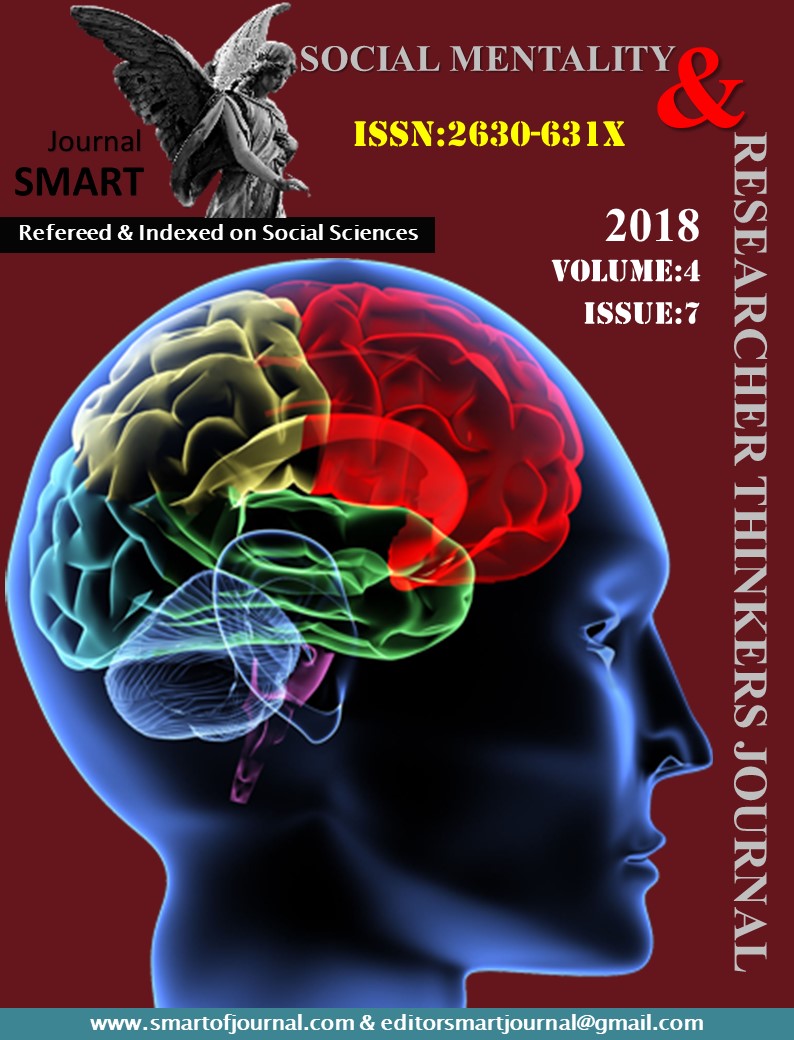Author :
Abstract
Білім беру ұйымдарындағы педагогтардың денсаулығын сақтау бойынша алдын алу іс-әрекетінің жекеленген педагогтар үшін үлкен практикалық мәні болады, сонымен бірге ол созылмалы психосоматикалық аурулардың алдын алу тұрғысында маңызды мемлекеттік міндет ретінде анықталады. Аса өзекті мәселе ретінде, педагогтың психологиялық күйін өзіндік реттеу мәселесі алынады, яғни білім беру ұйымдарындағы педагогтардың кәсіби дамуы үшін бірінші кезектегі психологиялық мәселе болып саналады. Эмоционалды қажу мәселесіне арналған қазіргі зерттеу жұмыстарының арасында, мұғалімнің еңбегі мен іс-әрекетіне қатысты жұмыстар маңызды орын алады. Педагогикалық іс-әрекеттің күйзелістің факторлардың көп болуы, педагогикалық жағдаяттардың күрделілігі сияқты ерекшеліктері, мұғалімдердің эмоционалды қажуына деген жоғары бейімділігін қалыптастырады. Кәсіптегі қажу («жану») синдромы білім беру ұйымындағы жасампаздық үрдістердің маңызды факторы, уақытша еңбекке жарамасыздықтың және мүгедектіктің факторы, білім беру мекемесіндегі инновациялық әлеуетті құрудағы кедергі болып табылады. Қазіргі кездегі білім беру ұйымындағы аса күрделі мәселелердің бірі, педагогтардың эмоционалды қажу мәселесі («жану») болып табылады. Эмоционалды қажу («жану») мәселесі психология ғылымында жеткілікті кең қарастырылып келеді. Қазіргі ғылыми зерттеулер аталған синдромның педагог қызметкерлердің арасындағы кең таралуын көрсетеді. Эмоционалды қажу - бұл адамның өз мүмкіндіктерінің шеңберінен тыс, шамадан көп жұмыс істеген жағдайда туындайтын эмоционалды күйі. Ол бірте-бірте пайда болады, оның дамуын үш сатыға бөліп қарастыруға болады: 1. Бірінші сатыда педагог қоршаған. болмысты өткір қабылдауды тоқтата бастайды. Оған айналасында болып жатқан оқиғалардың қолайсыздық тудырмайтын сияқты болып көрінеді, алайда оның рухани жай-күйін бағалайтын болсақ, онда жалғыздық пен үмітсіздік сезімі болатынын айқын байқауға болады. 2. Екінші сатыда педагог білім беру үдерісінің қатысушыларына өзінің жағымсыз қатынасын көрсете бастайды. Өзінің сәтсіздіктеріне кінәлі адамдарды үнемі іздейді. Өзінің қателіктері үшін жауапкершілікті басқаларға ауыстыруға тырысады. Өзінің оқушылары, олардың ата-аналары, сонымен бірге әріптестері мен басшылары туралы жағымсыз пікірде болады. Алғашқы кезде педагог өзінің жағымсыз көріністерін ұстауға тырысады, алайда симптомның артуына қарай өзінің эмоцияларын бақылай алмайды. 3. Эмоционалды қажудың үшінші сатысында педагогтың айналасында болып жатқан оқиғаларға бейтараптығы мен немқұрайлылығы пайда болады. Мұғалім өзінің міндеттерін жай орындайды, алайда оны орындауда қызығушылық пен бастама көрсетпейді. Балаларға қажетті бағдарламаны ғана ұсынады. Ата-аналармен қатынаста салқынқандылық танытады, оқушылар үшін мазасызданбайды, сыныптың мүдделерін әріптестері мен басшылардың алдында қорғамайды.
Keywords
Abstract
Scheduled maintenance on health protection of teachers of educational institutions has important practical value for certain teachers, also this work is defined as an important national objective in respect of prophylaxis of chronic psychosomatic diseases. In article as a current problem the problem of a self-regulation of psychological state of teachers is considered, that is this problem is a major psychological problem in professional development of teachers of educational institutions. Among the modern research works devoted to a problem of emotional burning out the important place is taken by researches about professional activity of teachers. Existence of factors of a stress in pedagogical activity of teachers of educational institutions, also features and difficulties pedagogical situations, promote formation of high predilection to emotional burning out of teachers. The syndrome of professional burning out is an important factor of reformative process in the educational organizations, is also a factor of a vrmenny netruosposobnost and disability, is an obstacle in creation of innovative potential in educational institutions. One of complex problems of modern educational institution is the problem of emotional burning out of teachers. In modern psychological researches "the syndrome of emotional burning out" is understood as a condition of physical, emotional and mental attrition. This problem is considered sufficiently in psychological science. Modern scientific research shows the fact of wide circulation of this syndrome among pedagogical workers. The syndrome of emotional burning out is the general name of consequences of a long working stress rather the investigation of an uncontrollable course of a stress, and professional crisis. It arises gradually, its development can be divided into three stages: 1. At the first stage the teacher begins to treat a perception of surrounding reality neutrally. It seems to it that the surrounding phenomena and processes don't frame to it inconvenience, but if to estimate its spiritual condition, then it is possible to observe feeling of loneliness and a beziskhodnost. 2. At the second stage the teacher begins to show the negative attitude towards participants of educational process. Constantly looks for guilty of the failures. Tries to transfer responsibility of the mistakes to other people. Holds the negative opinion on the pupils, their parents, also about colleagues and the management of educational institution. In the beginning the teacher tries to hold the negative implications, but with development of a symptom won't be able to control the emotions. 3. At the third stage of emotional burning out there is neutrality and apathy of the teacher to surrounding reality and the phenomena. The teacher carries out the duties very slow, but when performing doesn't show interest and an initiative. The teacher shows the necessary program to pupils. Shows a hladnokrovnost in the relations with parents, isn't anxious for pupils, doesn't protect the interests of a class before colleagues and the management of educational institution.
